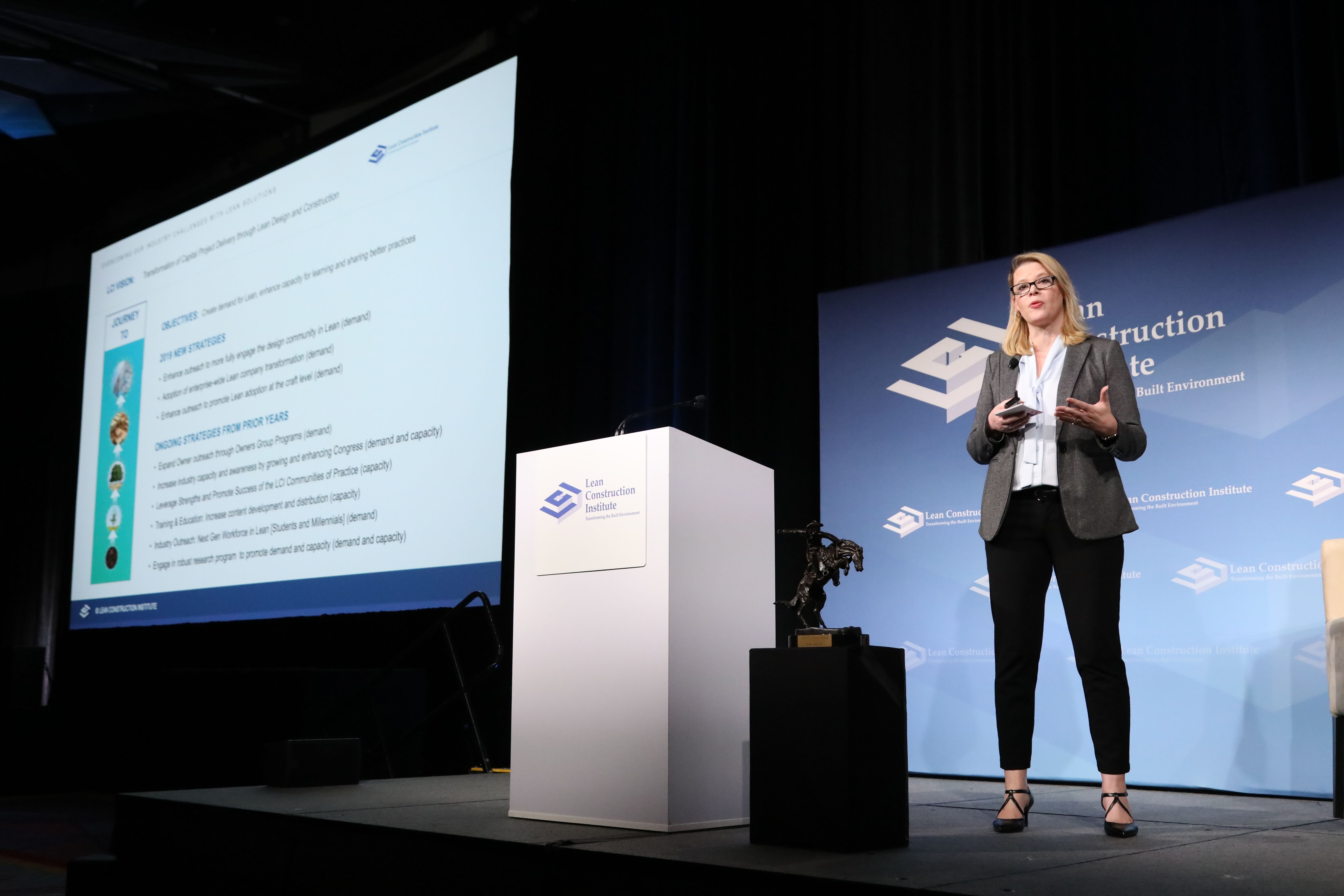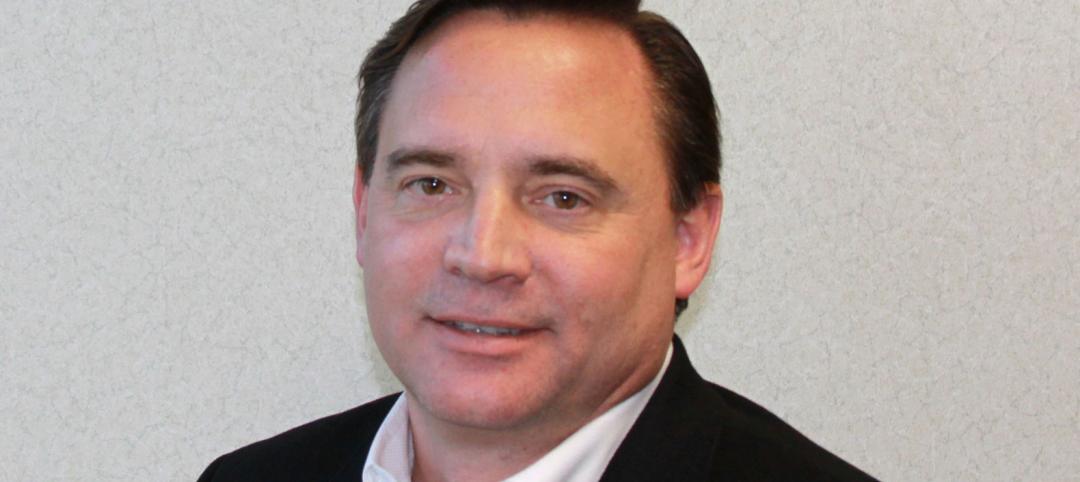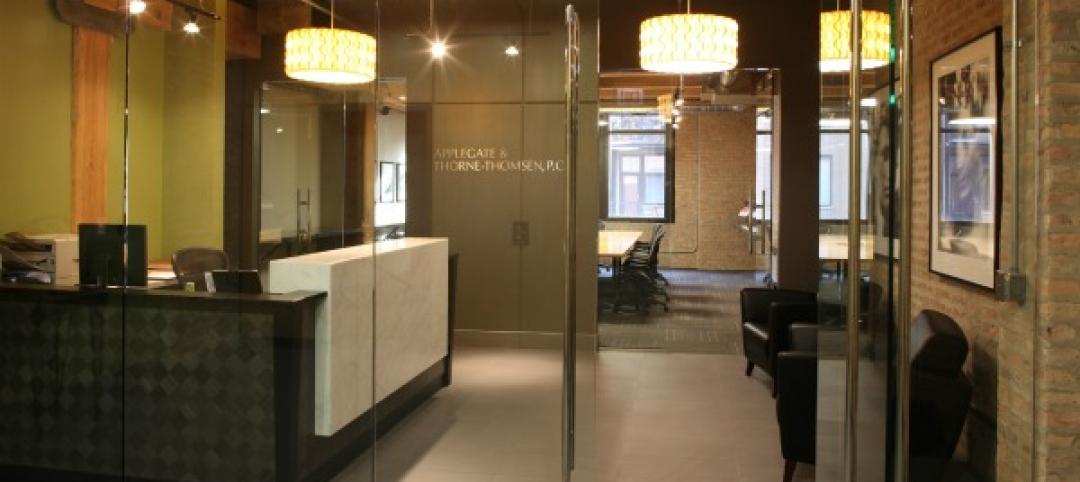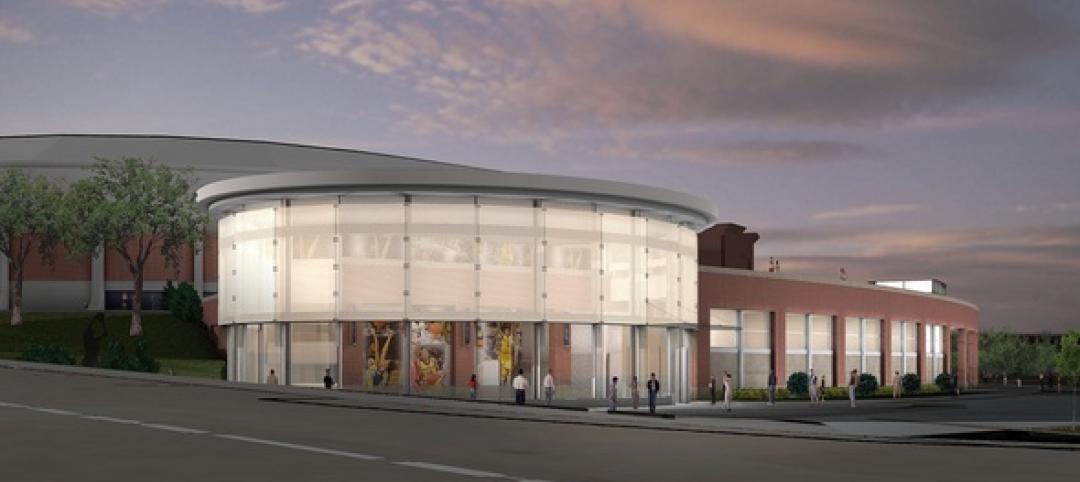The building design and construction industry must embrace change now. Stresses with finding talent, budgets, schedules, and the needs of clients call for change in approach. Companies are looking not only at how we work, but how we work with others.
My role as Chief Process Officer at HKS has allowed me to take a critical look at our operations within the firm, how we embrace our role in the design process, and how we set up our talent for success. This year, I combined that role with chairing the Board of the Lean Construction Institute, which allowed me to have conversations about the industry while tackling those same conversations within the firm.
The 2019 Lean Construction Institute Congress, held in Fort Worth, Texas, Oct. 14-18, was attended by more than 1,600 owners, architects, consultants, engineers, constructors, and trade contractors. LCI Congress featured more than 30 educational sessions and 75 presentations focused on Lean in the design and construction industry. I attended many of these sessions and offer the following takeaways, all of which focus on how we build stronger teams and contribute more value to our clients:
• More is not more: The opening keynote was not from a well-versed-in-Lean evangelist. Greg McKeown, author of Essentialism, The Disciplined Pursuit of Less, spoke about the power of less but better. He challenged us with these simple steps:
1. Explore. What is something essential for you right now that you are under-investing in?
2. Eliminate. What is something nonessential that you are over investing in?
3. Execute. How can you make it as easy as possible to transition the time you spend to the essential things?
Lean thinking encourages teams to add value (essential) by eliminating waste (non-essential) from all work efforts. McKeown’s insight can help us recognize and identify simply what is easy for us to do—take on more that is nonessential. As part of a team, agree together on what is essential and nonessential, get consensus, and build more value.
• Integrate evidence-based design through Lean thinking: Lean encourages value-based decision making with an all-team collaborative work environment. Evidence-based design reinforces the idea that we should be making decisions built on proven research. Using Lean methods for research, understanding customer needs, and applying the EBD research to solve problems is a pairing that maximizes the team’s efforts.
• This is a humble place—leave your egos at the door: The LCI Congress is a unique gathering of owners, designers, developers, project coaches, contractors, and trade contractors to discuss what worked and what didn’t with their projects. They share their mistakes—and how to fix them—even with competitors. The same for project teams. Multiple case studies presented their project stories, discussing their successes and failures. Teams represented different companies and disciplines of work but talked as one unit. The overall message: To effectively solve problems we must use our expertise, not our egos.
Also see: Movers + Shapers Report - Lean and Mean
• We are here to learn: Mike Staun, formerly with Proctor and Gamble, talked about the most pressing challenges in construction today and how Lean IPD can solve them. Stan Davis and Shernette Kydd with Cook Children’s Medical Center talked about strategic thinking with both healthcare project delivery and healthcare delivery. Merck’s journey, told by George Cusick, focused on growth demands based on customers’ needs and how working with Tier 1 construction partners helped meet those needs. No one claimed to have all the answers, but they all wanted to learn.
• Building relationships is the key: Our projects serve a greater purpose; they serve communities and the people in them. Engaging with the community for a purpose bigger than ourselves is an easy way to build strong relationships on teams. Teams that have strong relationships and Lean cultures of improvement can openly tackle problems and find innovative solutions. And they perform better.
• Mental health is a construction industry issue: Building design and construction can be a stressful profession. Statistics shared at the Congress showed that the construction suicide rate is four times the national average and is the leading cause of construction fatalities. The decline in talent entering related fields, the stress of budgets and schedules, and increased expectations add to those strains. We should watch out for our team members and the warning signs of depression, and encourage them to get help.
• Have fun: Whether it was in the Advanced Practitioners session, where industry leaders shared ideas, or in individual presentations, bringing back the fun was a common theme at LCI Congress. Developing a strong bond with your project team, regardless of your background, allows you to solve conflicts and still have fun.
Related Stories
| Jan 27, 2012
Columbia University’s New Core Laboratory aims for LEED Silver
Construction manager Sordoni Construction Co. along with the design team of Payette Architects and Vanderweil Engineers will provide design and construction services to renovate the majority of the existing Core Lab building to create the new Lamont Center for Bio-Geochemistry.
| Jan 26, 2012
Three dead, 16 missing in Rio buildings collapse
The buildings, one 20 floors high, collapsed on Wednesday night in a cloud of dust and smoke just one block away from the city's historic Municipal Theater.
| Jan 26, 2012
Siemens launches smoke detection knowledge center
New knowledge center web site demonstrates efficacy of smoke detection.
| Jan 26, 2012
Hendrick Construction completes Osso Restaurant in Charlotte
Designed by François Fossard, Osso's upscale interior includes tapered, twisted decorative columns and an elegant fireplace in the center of the lounge.
| Jan 26, 2012
HOK partners with USGBC on design of Haiti children's center
Passive design principles give form to a sustainable, restorative environment for the children of Haiti.
| Jan 26, 2012
American Standard names Gould as president and CEO
Gould succeeds Don Devine, who led the successful turnaround of American Standard Brands.
| Jan 26, 2012
Summit Design+Build completes law office in Chicago
Applegate & Thorne-Thomsen's new office suite features private offices, open office area, conference rooms, reception area, exposed wood beams and columns, and exposed brick.
| Jan 24, 2012
New iPad app ready for prime time
Siemens’ versatile application connects users to APOGEE BAS control and monitoring functions via wireless network connectivity. The application directly interacts with BACnet/IP and Siemens APOGEE P2 field panels.
| Jan 24, 2012
Vyhanek joins Thornton Tomasetti’s Kansas City office
Vyhanek will assemble a new MEP team in the Midwest to support Building Performance and Property Loss Consulting practices.
| Jan 24, 2012
U of M installs new lighting at Crisler Player Development Center
Energy efficient lighting installed at PDC reduce costs and improves player performance.

















